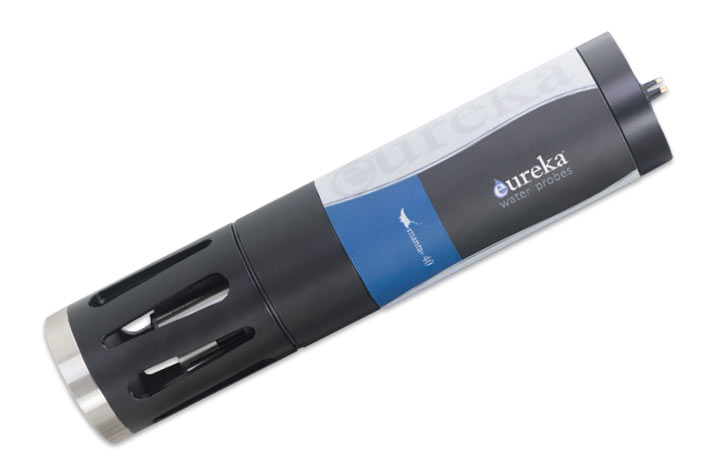DOC (Dissolved Organic Carbon)
Dissolved organic carbon (DOC) is operationally defined as the total quantity of organic carbon compounds that pass through a 0.45µm filter, and represents the vast majority of organic material in most water samples. In aqueous systems DOC influences a range of geochemical processes by directly controlling pH levels. Furthermore, it influences water colour, the transport and degradation of pollutants, the depth of the photic zone and can cause the formation of disinfection by-products.
Organic carbon occurs as the result of decomposition of plant or animal material. Organic carbon present in soil or water bodies may then dissolve when contacted by water. This dissolved organic carbon moves with both surface water and groundwater. DOC is an extremely important part of the carbon cycle and serves as the primary food source for most aquatic wildlife. However, it can also contribute to the acidity of a water body and can increase light attenuation thus detrimentally affecting phototrophic organisms in an aquatic environment. Therefore, as with most things, moderation is key regarding DOC concentration.








